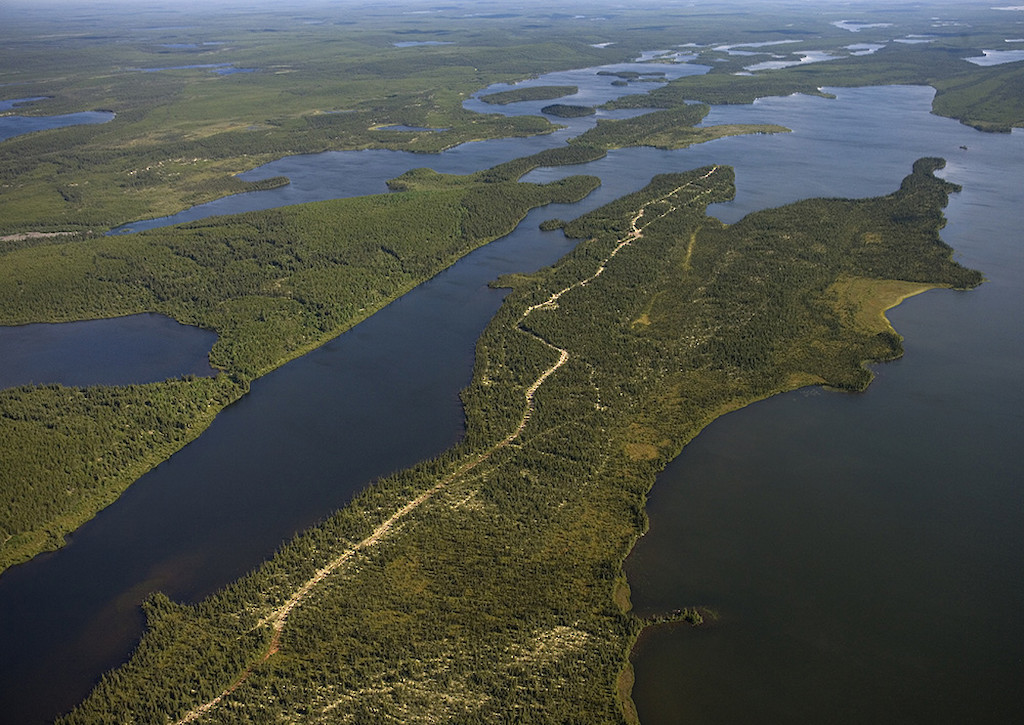Denison completes field testing in-situ recovery at Midwest uranium project


Denison Mines (TSX: DML; NIYSE: DNN) says it has completed the inaugural in-situ recovery (ISR) field test program at the Midwest uranium project on the eastern portion of the Athabasca Basin in Saskatchewan.
The program involved drilling 10 small-diameter boreholes within the Main zone to evaluate site-specific conditions as they related to ISR. A series of tests were performed on each hole to create a database of geological, hydrogeological, geotechnical, and metallurgical data. The work also validated the key assumptions in the previously completed internal study to evaluate the potential of IRS.
“The program achieved its planned objectives, and the results provide preliminary validation that the Midwest Main deposit possesses the characteristics necessary for an ISR operation.” Noted Denison president and CEO David Cates. “Accordingly, further evaluation is warranted and, building on the concept study and incorporating the data acquired in the test program, we are proceeding with a preliminary economic assessment for ISR mining. Midwest represents Denison's third project evaluated for potential ISR mining in the Athabasca Basin."
Denison is the 74.8% owner and operator of the Midwest joint venture, which is loaded 25 km by existing roads from the McClean Lake mill. The mill operates as a joint venture of Denison (22.5%)d and Orano Canada (77.5%). The mill is currently processing uranium ore from the Cigar Lake mine, and the plant has excess capacity.
Denison bought a portion of the Midwest project in 1987. It and Orano received environmental approval in 2012 to operate an open pit mine at the site. With a change to ISR mining, future development at Midwest will be subject to additional review and approval processes.
Learn more at www.Denison.com.
Comments